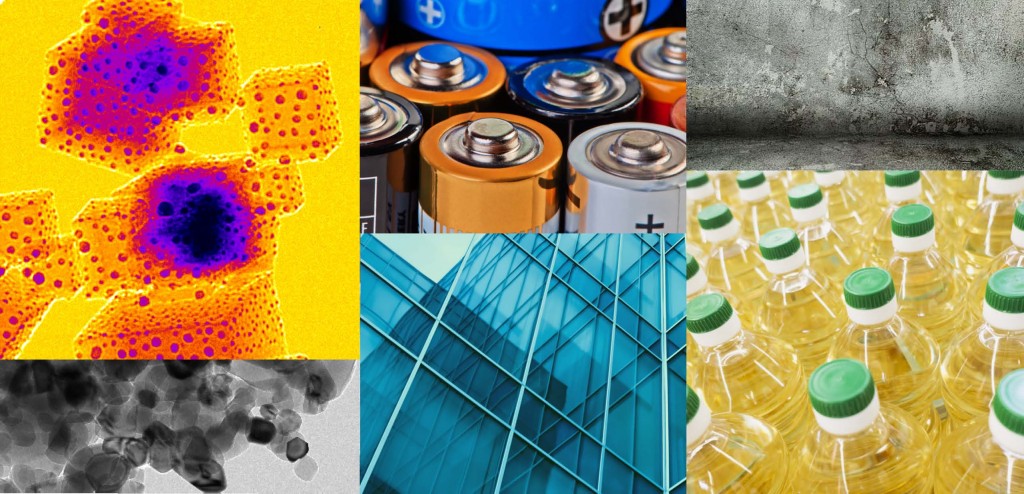
[Images above] Credit: NIST
NANOMATERIALS
Powering wearable devices with high-performing carbon nanotube yarns
Researchers from Nara Institute of Science and Technology developed a new method for dispersing carbon nanotubes that allow them to achieve carbon nanotube yarn with aligned bundles.
New growth method facilitates the use of graphene nanoribbons in nanoelectronics
An international collaborative presented a new method for growing ultralong and ultranarrow strips of graphene, which exhibit semiconducting properties that can be harnessed by the nanoelectronics industry.
ENERGY
Deep-sea sponge’s ‘zero-energy’ flow control could inspire new energy efficient designs
Researchers co-led by the University of Rome Tor Vergata and New York University found through computer simulations how the Venus flower basket sponge can filter feed using only the faint ambient currents of the ocean depths, no pumping required. This natural “zero energy” flow control could inspire new energy efficient designs.
Using AI to improve building energy use and comfort
University of Waterloo researchers combined artificial intelligence, infrared technology, and a mathematical model to quantify the heat flow in buildings. Using this platform, they identified 28 major heat loss regions in a multi-unit residential building. A potential energy savings of 25% is expected if 70% of the discovered regions are fixed.
Carbon-capture batteries developed to store renewable energy, help climate
Oak Ridge National Laboratory researchers created and tested two different formulations for batteries that store renewable energy; when the energy is later used, an electrochemical reaction converts industrial carbon dioxide emissions into a solid form that has the potential to be used in other products.
MANUFACTURING
Silica glass sensors 3D printed on optical fiber
KTH Royal Institute of Technology researchers 3D printed silica glass micro-optics on the tips of optic fibers. They say the method overcomes longstanding limitations in structuring optical fiber tips with silica glass, which often require high-temperature treatments that compromise the integrity of temperature-sensitive fiber coatings.
Using solar energy to generate heat at high temperatures
Researchers developed a method with thermal trapping to achieve temperatures of more than 1,000°C using solar energy. Previous research only managed to demonstrate the thermal-trap effect up to 170°C. This development is a big step toward clean energy solutions for carbon-intensive industries, such as steel and cement production.
New crystal production method could enhance quantum computers and electronics
Researchers at the University of California, Irvine described a new method to make very thin crystals of the element bismuth. They likened the method to a tortilla press, in which bismuth is squished between two hot plates.
OTHER STORIES
Photochromic material enables high-density optical data storage with enhanced security
Researchers at Guangxi Normal University developed a novel photochromic material consisting of europium-doped sodium niobate that boasts an impressive combination of highly efficient red emission, large luminescence contrast, and robust thermal stability. They leveraged these attributes in an innovative rotary encoder device.
Physicists create optical component for 6G
A joint team of physicists from Skoltech, Moscow Institute of Physics and Technology, and ITMO University developed an optical component based on carbon nanotubes that helps manage the properties of a terahertz beam and split it into several channels.
New research unveils extreme complexity in formation of rare earth minerals
Trinity College Dublin researchers unveiled that myriad, intricate factors influence the genesis and chemistry of bastnäsite and rare earth carbonates.
